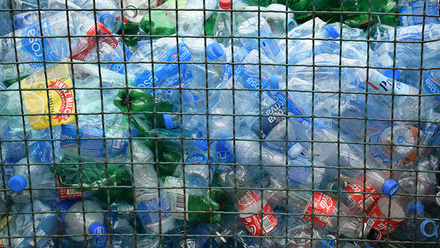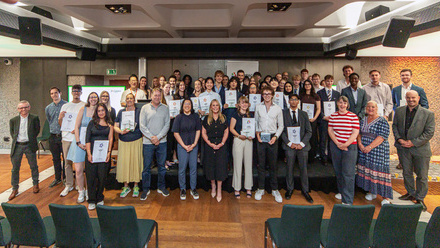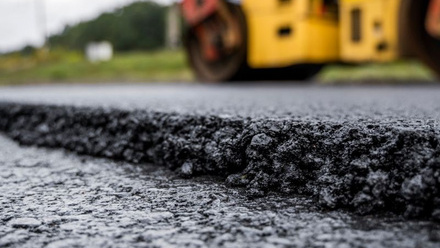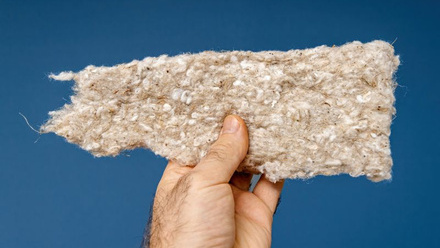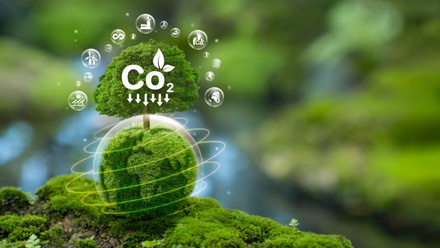Microalgae could supply minerals in mine water clean-up
Researchers at University of Strathclyde, Scotland, with partners in Canada, are developing methods to clean up contaminated water from mines.
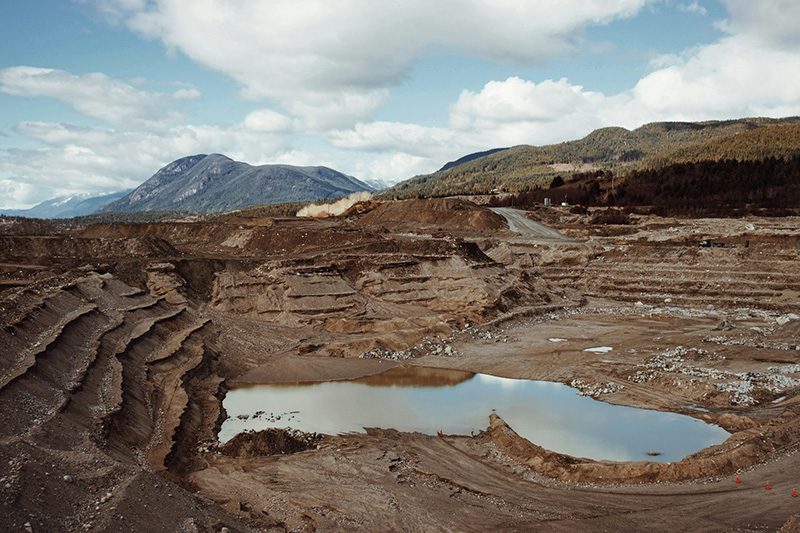
The project is aimed at removing harmful dissolved metals from the water and recovering them for reuse.
The removal will be carried out with a combination of microalgae, which supports long-term water remediation, and calcium silicate, a material that sequesters heavy metals such as cobalt, nickel, and copper.
These will enable a low-cost approach to the cleaning process, which will help to reduce the environmental impact of mining.
Strathclyde researchers are teaming up with colleagues from Laurentian University in Sudbury, Ontario.
The programme is one of five receiving a share of £1mln from the International Science Partnerships Fund (ISPF), through UKRI’s Natural Environment Research Council.


